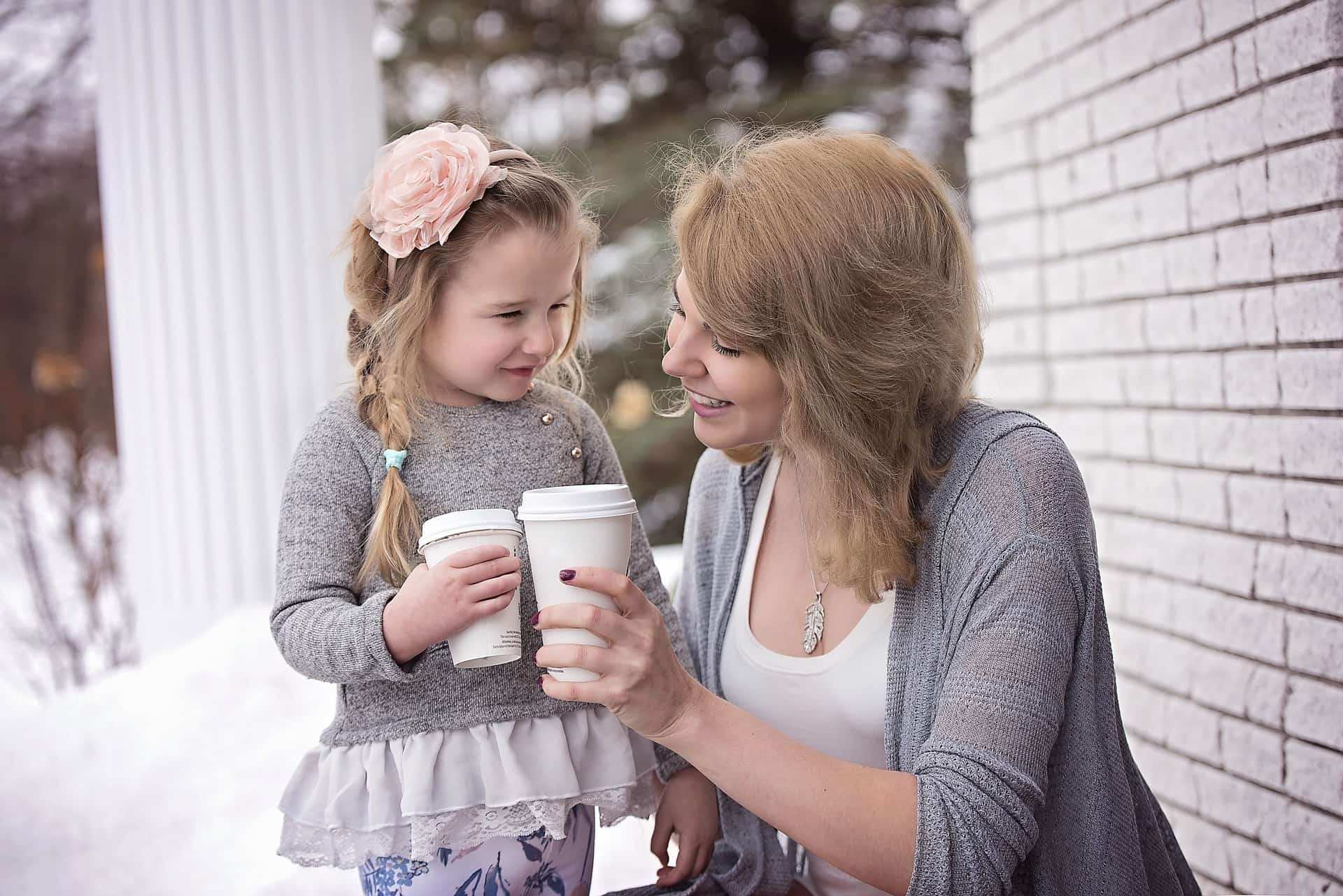No matter the circumstances of you adopting your child, it marks the beginning of a lifelong journey for a new member of your family. Though you may recount early memories with your adopted baby fondly, the situation that led up to the adoption may not be so easy to explain. It’s natural for adoptive parents to want to protect our children from the harsh realities of the world, but every child has the right to know the truth about their personal adoption story. But, how do you know what is appropriate to share with your child and at what time?

Take Age into Consideration
Children process information differently depending on their age. Since everyone develops at a different pace, you may want to wait until your child is at a cognitive level, where they can fully understand what you’re saying and respond with emotional maturity. Though you want your child to comprehend the situation, you also don’t want to wait too long to tell them about their adoption or surprise them with previously undisclosed details later in life. One option is to teach him or her about what happened throughout the course of their childhood by starting with basic facts and storyline of the adoption and going into more details about the story as they mature. If your adoption story has some sensitive topics that may not be appropriate for young children, such as drug use or a custody battle, perhaps focus on the bigger picture rather than these possibly confusing details.
Understand Your Child’s Coping Mechanisms
Before you divulge any information to your child or anyone else, learn which method would best suit them. Some children respond best to storytelling and emotional component, while others may simply want to hear the facts. Your child might want to talk about their adoption story one-on-one or in a private setting, while other children feel comfortable and supported sharing their story with other family members, friends, or classmates. Everyone learns and copes with information differently, so you may want to observe how your child responds to different teaching styles. Make sure your child feels they are in a comfortable and safe environment before discussing these sensitive or complicated parts of their adoption story. And as always, keep the conversation open and be available to always answer any questions your child may have.
Support and Reassure Your Child
Learning about every detail of an adoption may be difficult to grasp as a child. Remember to reassure them that these events from the past do not define who they are. It’s important to acknowledge and validate your child’s feelings because it’s natural to be confused, upset, or sad, as adoptees may feel a sense of loss. Offer your love and support if your child is struggling to come to terms with the information. If you are unsure of how to help your child, there are so many resources available to support adoptees and the adoption community.
No matter what reasons there were for placing this child for adoption, your child should understand there is no shame in their background. Just as you would want open and transparent communication in a relationship, give your child the same courtesy, so you can maintain a healthy level of trust and honesty.
Adoption can be a sensitive subject. The more you know about it, the better you will be able to explain it to your child and help them deal with it. If you have any adoption questions, AdoptHelp can help answer them. We are here to assist you at www.adopthelp.com or give us a call at 800-637-7999.